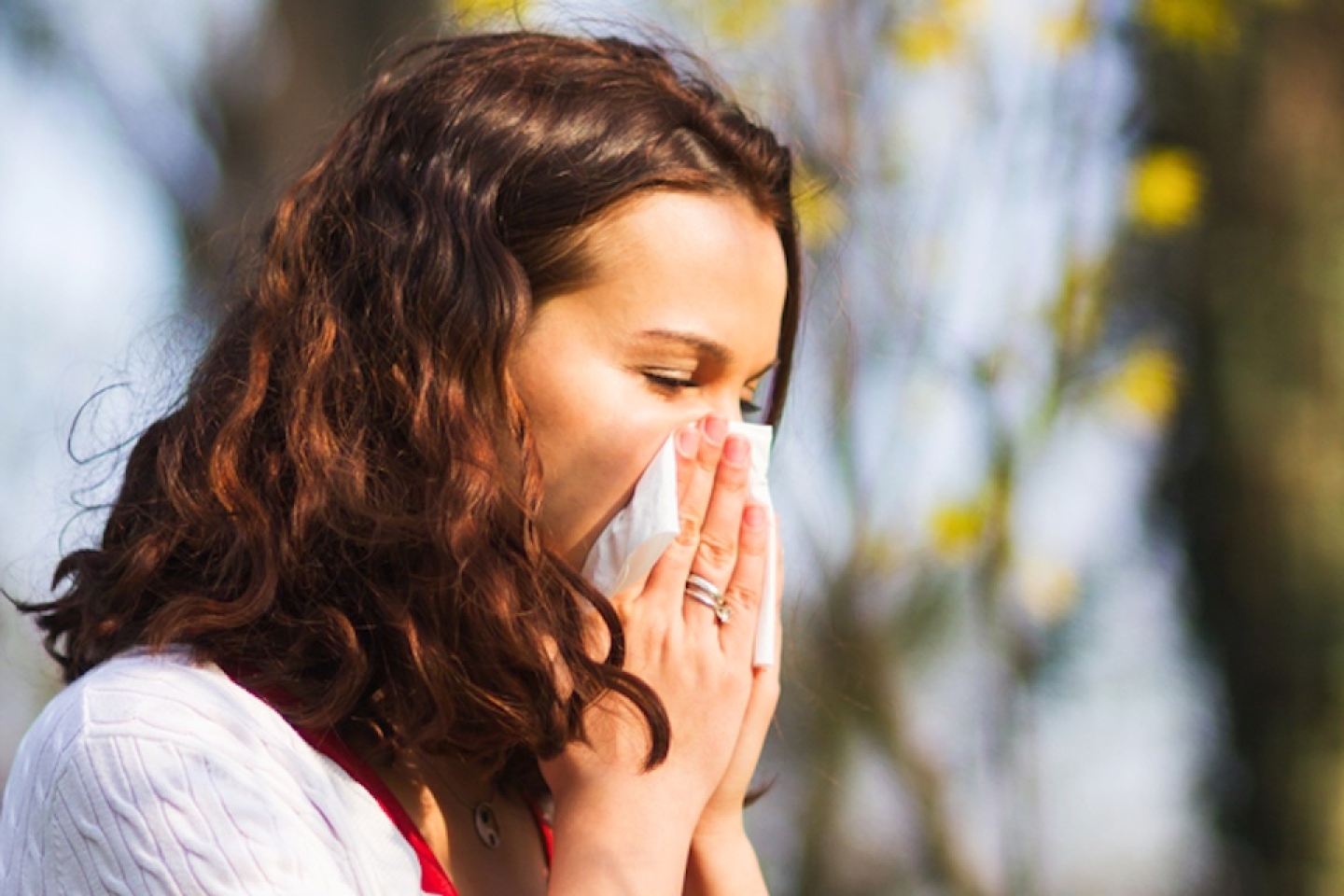Allergy Symptoms Ruining Your Day? Here’s What to Do

Sneezing. Blowing your nose. Rubbing your itchy eyes. If you suffer from allergies, you are likely all too familiar with these symptoms.
“Allergies are more than just a trivial condition,” says William Reisacher, M.D., professor of otolaryngology at Weill Cornell Medicine. “They can cause a significant impact on quality of life. But there are many things that can be done for allergies. It's not a condition that anybody should be embarrassed about, and it's important to discuss it with your doctor.”
Contrary to popular belief, winter months can cause allergies to flare up just like spring months can. What allergens should you be on the alert for in the winter and spring, and how can you improve symptoms?
Recognizing Triggers
During the winter, allergens causing symptoms aren’t usually outside, but inside your home. Typical winter allergens include:
- Dust and dust mites
- Mold spores
- Pet dander
While these allergens might be present year-round, spending more time indoors during the winter can cause a stronger allergic response to them. When you have more exposure to allergens, your body triggers an immune response, leading to those annoying symptoms.
During the springtime, outdoor allergens become the main trigger as people spend more time outdoors.
“The most common spring allergen is tree pollen,” Dr. Reisacher says. “Mold spores are also very common in the early spring as the snow cover begins to melt, as well as in the late spring due to heavy rains that can produce molds.”
Is It Allergies?
While allergy symptoms can mimic symptoms of other conditions, such as cold and flu, you can usually tell allergies apart.
“Usually with a cold or flu, you'll have a low-grade fever, which doesn't happen with allergies,” Dr. Reisacher says. “Allergies also tend to be very itchy. Itching and sneezing are very characteristic of allergic responses.”
Other symptoms of allergies include:
- Chest tightness
- Cough
- Red, watery eyes
- Runny nose
- Wheezing
Conquering Allergy Symptoms
Whether your symptoms stem from indoor or outdoor allergens, there are ways to lessen their impact. For some people, over-the-counter medications work well, such as nasal steroid sprays or antihistamines, which come in sprays, eye drops and tablets.
“Nasal steroids are good for moderate to severe symptoms, as they are used daily for a period of time,” Dr. Reisacher says. “Antihistamines are good for sneezing and an itchy, runny nose. Saline rinses also help dilute any allergens in the nose.”
If these recommendations don’t offer enough relief, the next step is making an appointment with your doctor, who will ask questions to help determine the cause of symptoms, do a physical exam and possibly recommend allergy testing. For people with severe allergies, another option called immunotherapy or desensitization is also available.
“This is a very exciting treatment option,” Dr. Reisacher says. “Instead of just decreasing symptoms, it actually makes a person less allergic. Four years of therapy can give a patient 10 to 20 years of benefit after the therapy ends.”
Are your allergy symptoms affecting the quality of your life? Find a doctor at Weill Cornell Medicine who can help.
